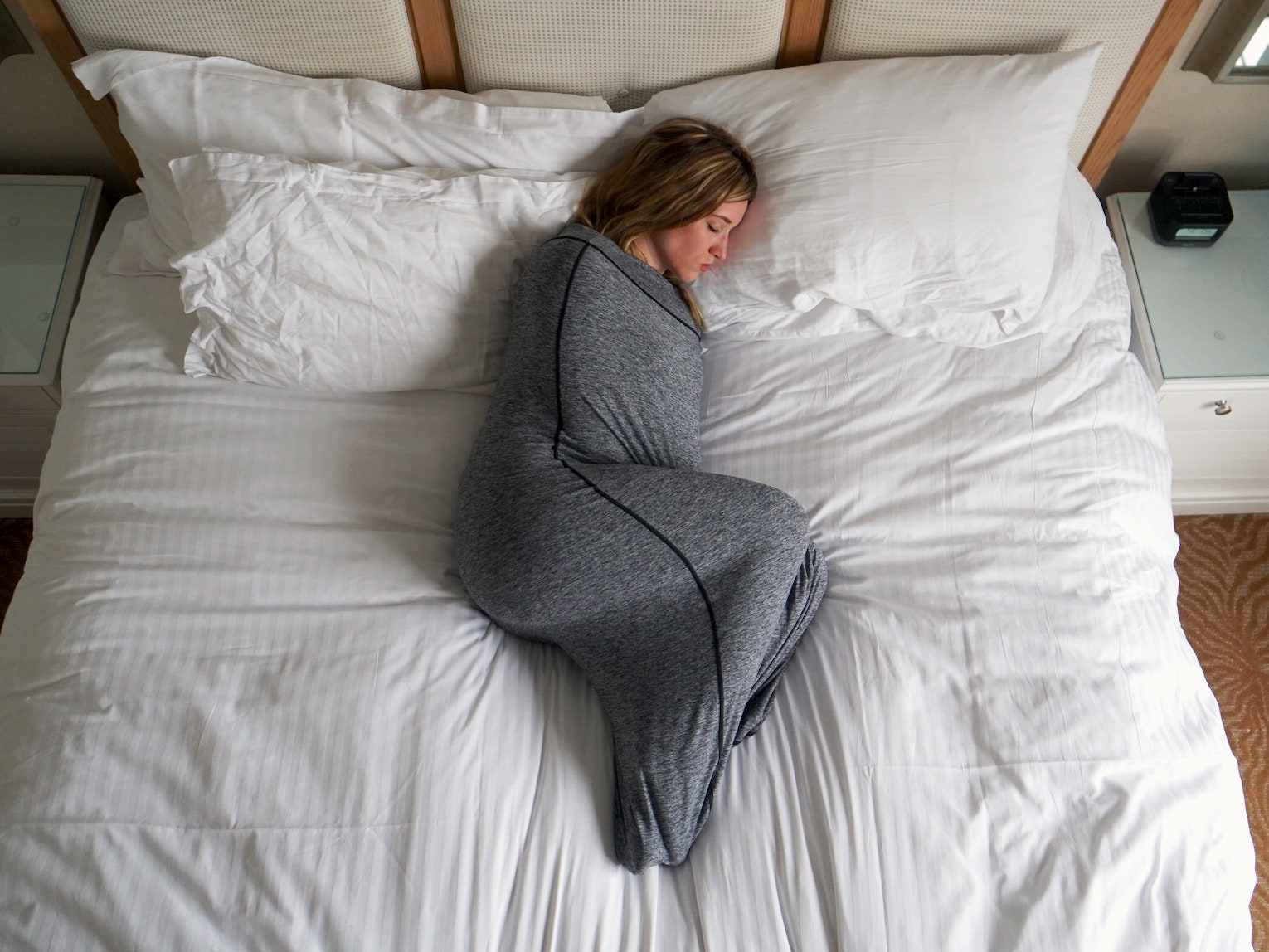source:- psychologytoday
Simple lifestyle choices can enhance mental health
Because of widespread unemployment and the closing of mental health clinics due to the pandemic, millions of individuals struggling with anxiety, depression, and insomnia do not have access to, or cannot afford psychotherapy or medications. These circumstances may continue for months or even years, depending on how soon effective antivirals and vaccines become available. This post is offered as a concise review of the mental health benefits of lifestyle changes for depressed mood, anxiety, and insomnia, including changes in diet, regular exercise, improved sleep, and a daily mindfulness practice.
Diet
Individuals who consume whole foods (as opposed to processed foods and fast food diets) are at reduced risk of developing depressed mood. For example, individuals who closely adhere to a Mediterranean diet, as well as traditional diets in Norway, Japan, and China, which are rich in vegetables and fish, have a 30% lower risk of developing depressed mood than those with the lowest rate of adherence to a Mediterranean diet.
Twelve essential nutrients have established mood-enhancing benefits. These are: folate, iron, long-chain omega-3 fatty acids (EPA, DHA), magnesium, potassium, selenium, thiamine, vitamin A, vitamin B6, vitamin B12, vitamin C, and zinc (LaChance and Ramsey 2018). Foods with the greatest antidepressant benefits include seafood, leafy greens, and cruciferous vegetables such as broccoli, cauliflower, cabbage, kale, and Brussels sprouts.
Some depressed individuals are deficient in certain B vitamins, omega-3 fatty acids, vitamin D, zinc, and magnesium. Foods rich in folate and B-12 such as whole grains and green leafy vegetables may be especially beneficial for depressed mood. Omega-3s and some B vitamins also have anti-inflammatory and neuroprotective effects on the body and brain, which are believed to enhance their antidepressant benefits. Diet also plays an important role in anxiety. For example, generalized anxiety is often associated with reactive hypoglycemia, resulting in acute anxiety symptoms. Individuals who have anxiety caused by hypoglycemia benefit from reducing sugar and carbohydrate intake, increasing protein intake, and reducing or eliminating caffeine. Excessive consumption of caffeine is also associated with an increased risk of anxiety. Many chronically anxious individuals report significant reductions in the severity of anxiety when they abstain from caffeine.
Finally, recent research findings show that the microbiome—i.e., the microorganisms that naturally populate the large and small intestines—causes beneficial changes in brain levels of serotonin and other neurotransmitters implicated in mood regulation. Research studies suggest that there is a link between imbalances in bowel microflora, increased inflammation of the mucosal lining of the intestines, and systemic immune dysregulation resulting in an increased risk of depressed mood. Findings of animal and human clinical trials suggest that probiotics have beneficial effects on both depressed mood and anxiety.
Exercise
Short-term and long-term beneficial effects of exercise on mood are mediated by increased brain levels of mood-elevating endorphins, dopamine, norepinephrine, and serotonin (Schuch 2016). Regular exercise may also promote increased neuroplasticity in certain brain regions, resulting in improved mood (Gourgouvelis 2017).
Regular exercise including both aerobic exercise and non-aerobic strengthening exercise has established anti-depressant effects and less sedentary individuals have a reduced risk of both depressed mood and cardiovascular disease (Schuch 2017). Chronically depressed individuals often experience difficulties with thinking and memory, and regular aerobic exercise can significantly improve cognitive functioning in this population (Oertel-Knochel 2014). A meta-analysis of controlled studies on exercise used either as a single intervention or in combination with antidepressants found that regular exercise has beneficial effects on depressed mood (Kvam 2016). A systematic review of studies on exercise as an add-on therapy to antidepressants found that depressed individuals who exercise regularly have better response rates compared to individuals who take an antidepressant only (Mura 2014). Antidepressants and exercise probably have equivalent efficacy against moderately severe depressed mood (Blumenthal 2007).
Regular exercise improves sleep quality in depressed individuals who do not respond to antidepressants (Rethorst 2013). Improved sleep enhances resilience and day to day functioning because of the high prevalence rate of insomnia in chronically depressed individuals. In addition to its mood-enhancing and anxiety-reducing effects, regular exercise enhances self-sufficiency.
Both aerobic exercise and strength training improve anxiety when done on a regular basis (Paluska 2000). A daily workout lasting 20 to 30 minutes can significantly reduce generalized anxiety and may also reduce the intensity and frequency of panic attacks.
Relaxation, mindfulness and mind-body practices
Relaxation techniques include sustained deep breathing, listening to calming music, and progressive muscle relaxation. Examples of mindfulness training include different styles of meditation and guided imagery. Mind-body practices include taijiquan, qigong, yoga, and other approaches that involve both the mind and the body. A regular meditation or mind-body practice such as yoga, may be as effective as antidepressants and cognitive behavioral therapy (CBT) for moderately severe depressed mood.
Relaxation techniques and mind-body practices also improve sleep quality in individuals with insomnia. Progressive muscle relaxation and sustained deep breathing are especially effective at reducing the time needed to fall asleep in individuals with chronic insomnia. Listening to relaxing music soon before bedtime can also help individuals with insomnia fall asleep quicker. Many individuals who have problems falling asleep because of chronic worrying report improved sleep with guided imagery. Individuals with chronic insomnia who use a cognitive-behavioral technique alone or in combination with a benzodiazepine or other sedative-hypnotic drug report that non-pharmacologic or combined approaches are more effective than medications alone.
Supportive relationships
Finally, I want to emphasize the importance of relationships. In addition to engaging in healthy lifestyle choices, supportive relationships with friends and family members can provide important buffers to day to day stresses and uncertainties that we will all face at this time of great uncertainty. Video calls or phone calls can be very heartening and encouraging even when shelter-in-place orders restrict us from direct contact with family, friends, and loved ones.
